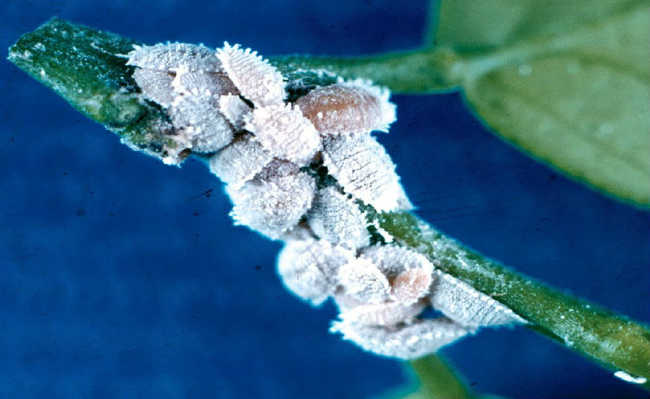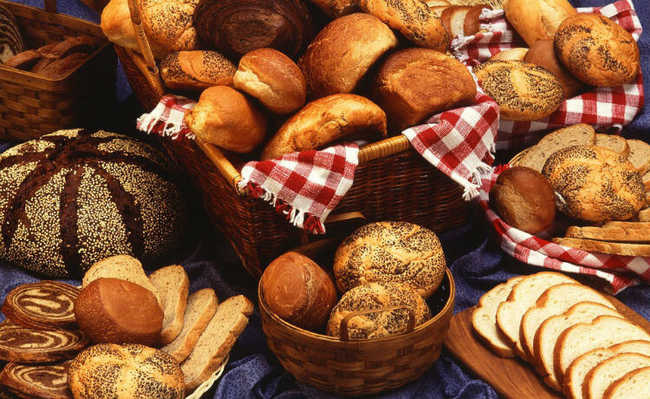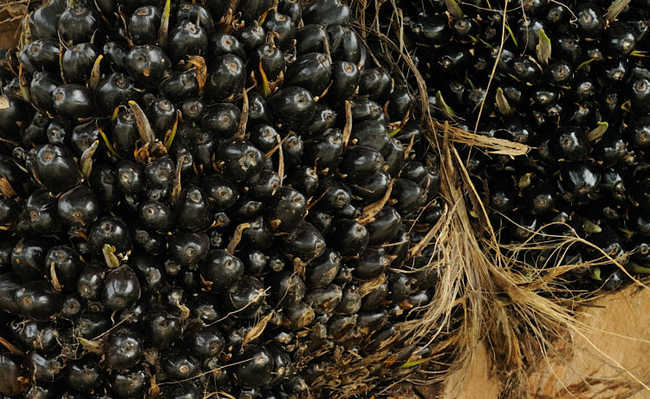Reducing red meat consumption is more effective against greenhouse gases than not driving a car, experts say
Have you ever thought about not eating meat? Or at least to decrease your intake?

Conscientious consumers are those who are concerned that their food has been produced cleanly, causing the least impact on the environment - this is the case for many of our readers. Have you ever raised your conscience and thought about the hamburger or steak you eat every day for lunch? In addition to red meat not being very good for your health, there are important environmental problems involved; but first, let's understand the product lifecycle.
Life cycle
The methodology that defines the environmental profile of a product or process is the Life Cycle Assessment (LCA), which understands what damage or benefits the products bring to the environment, from manufacturing to disposal.
Through this assessment, it is possible to calculate the carbon footprint - total amount of greenhouse gas emissions in various areas - of food, which is expressed in grams or tons of CO2eq (carbon dioxide equivalent) per functional unit.
The impact of beef on the environment is much greater than that of chicken and pork, using 28 times more soil and 11 times more water than these varieties. “Eating less red meat would reduce the carbon footprint more than giving up driving a car,” says expert Gidon Eshel, who led a major survey at Yale University on the topic.
The large amounts of grain and water needed to raise livestock are problematic, even more so with concerns about feeding an extra two billion people who are expected to form part of the world's population by 2050.
Controversies
Cutting down on meat consumption, as Eshel suggests, in order to help the environment or preserve grain stocks has been a highly controversial argument.
The question is: how severe is the impact of meat compared to other products?
"Cutting subsidies for meat production would be the least controversial way to reduce its consumption," says Eshel.
The research team analyzed the amount of land, water and nitrogen fertilizers needed to expand meat production and compared that with poultry, pigs, eggs and dairy products. It was concluded that meat had a much greater impact than all the others, because as ruminants, cattle do not make efficient use of their feed, wasting energy. Between 2% to 12% of the gross energy consumed by the animal is wasted in the production and elimination of methane gas.
"Only a fraction of the food consumed by cattle passes into the bloodstream, so some of the energy is lost," said Eshel.
Feeding cattle with grain instead of grass aggravates this inefficiency, although Eshel points out that even cattle fed with grass still have a greater environmental footprint than other animal products.
Tim Benton, a professor at the University of Leeds, UK, cautions that this work is based on US national data, capturing a much more complete picture than studies done on specific farms. He adds that livestock is the key to the sustainability of global food production, as "the biggest measure people could take to reduce their carbon footprint would not be to abandon their cars, but to eat significantly less meat."
According to Mark Sutton, a professor at the UK Center for Ecology and Hydrology, “Governments should consider this study carefully if they want to improve overall production efficiency and reduce environmental impacts. For consumers, the message is: avoiding excessive consumption of red meat is good for the environment.”
Source: Yale School of Forestry and Environmental Studies and partners










